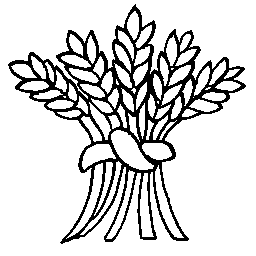The Government established Standards in Education and introduced what they titled the Revised Code 1862 . Following a review of this Code improvements were made which resulted in the publication of the 1872 Revised Code. The local impact if these codes is discussed in the Standard in Education: The Revised Codes and Worlington School.
| Revised Code 1872 | ||
| STANDARD I | ||
| Reading | Read one of the narratives that comes after monosyllables in an elementary reading book used in the school. | |
| Writing | Copy in manuscript handwriting a line of print, and write from dictation a few common words. | |
| Arithmetic | Simple addition and subtraction of numbers of not more than four figures, and the multiplication table to multiplication by six. | |
| STANDARD II | ||
| Reading | Read a short paragraph from an elementary reading book. | |
| Writing | Write a sentence from the same book, slowly read once, and then dictated in single words. | |
| Arithmetic | The multiplication table, and any simple rule as far as short division. | |
| STANDARD III | ||
| Reading | Read a short paragraph from a more advanced reading book. | |
| Writing | Write a sentence slowly dictated once by a few words at a time, from the same book. | |
| Arithmetic | Long division and compound rules (money). | |
| STANDARD IV | ||
| Reading | Read a few lines of poetry or prose, at the choice of the inspector. | |
| Writing | Write a sentence slowly dictated once, by a few words at a time, from a reading book, such as is used in the first class of the school. | |
| Arithmetic | Compound rules (common weights and measures). | |
| STANDARD V | ||
| Reading | Read a short ordinary paragraph in a newspaper, or other modern narrative. | |
| Writing | Another short ordinary paragraph in a newspaper, or other modern narrative, slowly dictated once by a few words at a time. | |
| Arithmetic | Practice and bills of parcels. | |
| STANDARD VI | ||
| Reading | Read with fluency and expression. | |
| Writing | Write a short theme or letter, or an easy paraphrase. | |
| Arithmetic | Proportion and fractions (vulgar and decimal). | |
